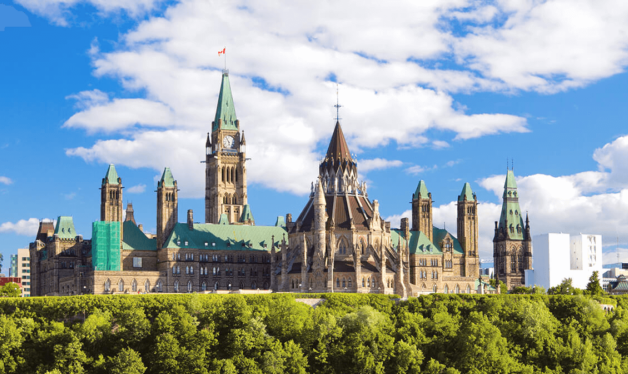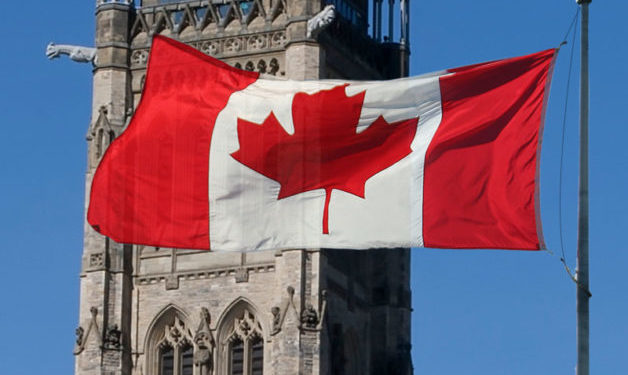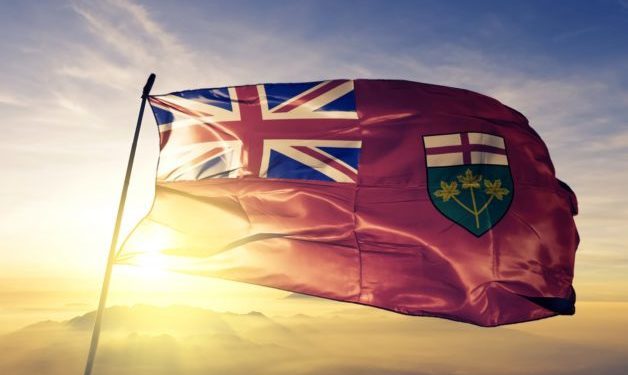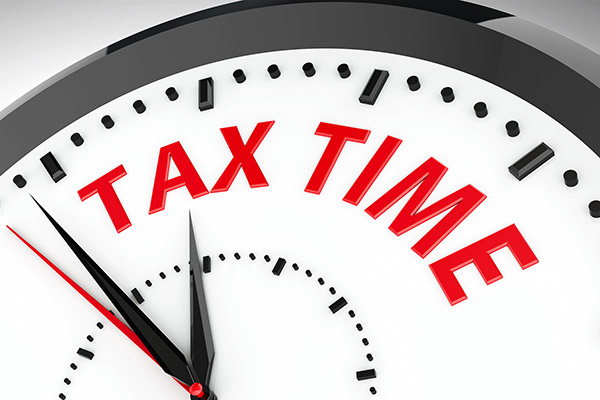Executive summary
Effective June 25, 2024, Federal Budget 2024 proposed to increase the capital gains inclusion rate from 50% to 66.67%. The increased rate will lead to a higher tax liability for taxpayers owning assets such as shares, bonds, multiple properties etc. upon disposal of such assets with a realization of a capital gain. Individuals with excess capital gains above the annual threshold of $250,000 are to be taxed at a higher rate. However, for corporations and trusts, the higher rate will apply to all the capital gains beginning the proposed date. As the effective date of the amendment is just few weeks away, taxpayers need to be proactive and undertake tax planning and optimization strategies to make sure that the higher rate doesn’t come as a surprise to them later on.
Plan ahead to overcome increased capital gains inclusion rate
Background
Canada’s 2024 Federal Budget (Budget 2024), tabled on April 16, 2024, introduced significant changes to the taxation of capital gains. Among these changes, the most notable is the increase in the inclusion of capital gains in taxable income, which under the current rules provides a 50% inclusion rate.
Taxpayers owning assets like stocks, bonds, rental properties, a secondary home, or even business equipment will be impacted by the amendment if they dispose of such assets and realize a capital gain.
Capital gains arising from the sale of the principal residence will not be impacted by the proposed amendment and will remain tax-free.
Proposed inclusion rate changes in Budget 2024
Budget 2024 proposes to amend the capital gains inclusion rate for capital gains realized on or after June 25, 2024, as below:
|
Type of taxpayer
|
Proposed Budget 2024 changes
|
|
Corporations
and Trusts
|
The capital gains inclusion rate will be increased from 50% to 66.67%.
|
|
Individuals
|
For capital gains that exceed an annual threshold of $250,000, the capital gains inclusion rate will be increased from 50% to 66.67%
The $250,000 annual threshold would apply to current year capital gains net of:
- Current year capital losses
- Capital losses of other years applied to reduce current year capital gains
- Capital gains in respect of which the individual claimed the lifetime capital gains exemption, the proposed employee ownership trust exemption, or the proposed Canadian entrepreneurs’ incentive
|
The value of net capital losses from previous years will be adjusted to align with the inclusion rate applicable to the capital gains being offset.
To facilitate the amendment, transitional rules will apply to taxation years that begin before and end on or after June 25, 2024:
- Capital gains realized before June 25, 2024 would be subject to the 50% inclusion rate; and,
- Capital gains realized on or after June 25, 2024 would be subject to a 66.67% inclusion rate.
The proposed transitional rules will ensure that the $250,000 threshold is not prorated in 2024 and will apply only against capital gains realized on or after June 25, 2024.
Budget 2024 also proposes to amend the taxability of the employee stock options (ESO). Generally, the taxation of ESOs in Canada mirrors the taxation of capital gains, except if the ESO relates to certain large corporations. Under the current rules, employees are generally entitled to a deduction of 50% of the taxable benefit arising from the qualifying stock options, resulting in a net 50% inclusion of the ESO taxable benefit in the taxable income. However, with the proposed amendment, the ESO deduction will also be reduced from 50% to 33.33%, to the extent that both the ESO taxable benefit and capital gains exceed $250,000.
Tax implications
The increase in the capital gains inclusion rate will change the effective rate of tax on the capital gains realized by the taxpayers on or after June 25, 2024. The effective change in tax rates due to these proposed changes is summarized below:
|
Current taxation rates (Ontario)
|
|
|
Individuals in the highest
marginal tax bracket
|
Non-Canadian-controlled
private corporation (CCPC)
corporations
|
|
Tax rate on ordinary income
|
53.53%
|
26.50%
|
|
Tax rate on capital gains [A]
|
26.77%
|
13.25%
|
|
Proposed taxation rates (Ontario)
|
|
|
Individuals in the highest
marginal tax bracket
|
Non-CCPC corporations
|
|
Tax rate on ordinary income
|
53.53%
|
26.50%
|
|
Tax rate on capital gains* [B]
|
35.69%
|
17.67%
|
|
|
|
Percentage increase in tax rates due to proposed rules
[B] – [A]
|
8.92%
|
4.42%
|
*For individuals, this rate applies to capital gains in excess of the proposed $250,000 threshold. For capital gains of $250,000 or less, the highest marginal tax rate would remain the same at 26.77%.
Planning opportunities
RSM can assist taxpayers in taking proactive measures before the proposed capital gains inclusion rules take effect on June 25, 2024 to minimize tax on capital gains. Examples of planning opportunities in light of the amendment can include:
Accelerating transaction timelines (e.g., sales, reorganizations, estate freezes, etc.)
Taxpayers who are currently in the process of selling a capital asset such as business equipment, stocks, or undertaking a corporate reorganization/estate freeze may consider accelerating the timeline of their transactions to close before June 25, 2024. Business owners considering an intergenerational transfer of their business under the rules introduced by Bill C-208 may want to consider closing before June 25, 2024.
Preparing tax plans and/or reviewing current draft plans will ensure the optimal timing of transactions.
Crystalizing capital gains before June 25, 2024 and utilizing tax attributes or exemptions
Where it is not feasible for taxpayers to accelerate the timelines of their transactions, taxpayers may consider crystallizing the inherent capital gains before June 25, 2024. Mitigation strategies such as the lifetime capital gains exemption or maximizing the utilization of carry-forward capital loss balances should be assessed to minimize the taxes on capital gains.
Maximizing carrybacks of capital losses – now vs. defer?
The value of net capital losses from previous years will be adjusted to align with the applicable inclusion rate. Therefore, taxpayers may wish to consider deferring the utilization of losses carried forward over the next few years as they will be more valuable when used against the capital gains realized at a higher rate. Modeling the utilization of carry-forward capital losses for future years can be undertaken to minimize anticipated tax costs.
Optimal structure of holding capital assets – corporations, individuals, trusts, partnerships, or a combination thereof?
Individuals who do not expect to earn capital gains exceeding the $250,000 threshold may want to consider holding their investments directly rather than a corporation as corporations will not have a minimum threshold under the proposed changes. Actions to take now include modeling the optimal structure of holding assets considering future capital gains, capital loss balances, and/or exemptions.
Revisiting estate plans
Budget 2024 was notably silent on whether any exceptions will be made for capital gains arising on death under the proposed changes. Generally, the death of a taxpayer triggers the deemed disposition of all the taxpayer’s assets at fair market value, resulting in realized capital gains. Consequent to the amendment, such deemed disposition will lead to higher taxes on death. Individuals should revisit existing estate plans in light of the higher inclusion rate to account for the increased tax liability upon death.
Only 8 weeks left to plan
The capital gains amendment underscores the need for preemptive tax planning. Although no legislation currently exists and the proposed changes may undergo further revisions, the new rules are proposed to be effective in less than two months. This leaves a short window for taxpayers to assess their portfolios, explore tax-optimization opportunities, and strategize their next course of action.
This article was written by Patricia Contreras, Daniel Mahne, Chetna Thapar and originally appeared on 2024-04-26. Reprinted with permission from RSM Canada LLP.
© 2024 RSM Canada LLP. All rights reserved. https://rsmcanada.com/insights/tax-alerts/2024/plan-ahead-to-overcome-increased-capital-gains-inclusion-rate.html
RSM Canada LLP is a limited liability partnership that provides public accounting services and is the Canadian member firm of RSM International, a global network of independent assurance, tax and consulting firms. RSM Canada Consulting LP is a limited partnership that provides consulting services and is an affiliate of RSM US LLP, a member firm of RSM International. The member firms of RSM International collaborate to provide services to global clients but are separate and distinct legal entities that cannot obligate each other. Each member firm is responsible only for its own acts and omissions, and not those of any other party. Visit rsmcanada.com/about for more information regarding RSM Canada and RSM International.
The information contained herein is general in nature and based on authorities that are subject to change. RSM Canada LLP guarantees neither the accuracy nor completeness of any information and is not responsible for any errors or omissions, or for results obtained by others as a result of reliance upon such information. RSM Canada LLP assumes no obligation to inform the reader of any changes in tax laws or other factors that could affect information contained herein. This publication does not, and is not intended to, provide legal, tax or accounting advice, and readers should consult their tax advisors concerning the application of tax laws to their particular situations. This analysis is not tax advice and is not intended or written to be used, and cannot be used, for purposes of avoiding tax penalties that may be imposed on any taxpayer.










